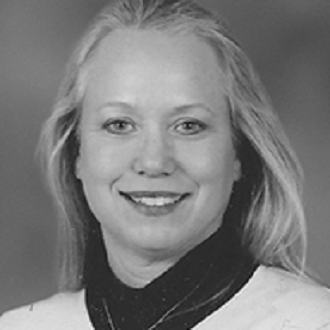 MelaOstrong Study
MelaOstrong Study
STUDY BASICS
Have you been diagnosed with osteopenia (bone loss) by your doctor? You may be eligible to participate in a research study to find out if a natural treatment option that includes weight-bearing exercises (called osteogenic loading) and melatonin supplements can improve bone health and overall quality of life in people with osteopenia and reduce the risk of developing osteoporosis.
STUDY PURPOSE
People with osteopenia have bones that are weaker than normal. Over time, osteopenia often develops into osteoporosis—a disease in which the bones are thin and brittle, and break easily. Current treatments to prevent osteopenia from developing into osteoporosis include medications, dietary supplements, and lifestyle changes, but these interventions are not always effective and medications can have significant side effects.
The purpose of this study is to find out if a natural treatment option that includes weight-bearing exercises (called osteogenic loading) and melatonin supplements can improve bone health and overall quality of life in people with osteopenia and reduce the risk of developing osteoporosis or an osteoporosis-related fracture in the future. Researchers hope their findings lead to better ways to help people with bone loss in the future.
COULD THIS STUDY BE RIGHT FOR YOU?
- Diagnosed by a doctor with osteopenia (loss of bone mass)
- Have undergone DXA (pronounced DEXA) scanning that shows evidence of thinning bones (T-score of -1 to -2.5)
- Willing to send a copy of your most recent DXA scan results to the study team
WHAT PARTICIPANTS CAN EXPECT
During an initial visit, participants will review their most recent DXA results with the study team and complete questionnaires and assessments. Following this visit, all participants must undergo repeat DXA scanning at Weinstein Imaging (locations in the South Hills, North Hills, and Shadyside) to confirm their osteopenia diagnosis. Eligible participants will then be scheduled for an initial visit at the OsteoStrong® clinic in Green Tree. During this initial visit, participants will complete questionnaires, provide a urine sample, and have their blood pressure taken. During this visit, participants will also be randomly assigned (like drawing straws) to one of 4 study groups:
- Group 1: placebo (contains no melatonin) and mock osteogenic loading (mock pushing weights)
- Group 2: melatonin and mock osteogenic loading (mock pushing weights)
- Group 3: placebo (contains no melatonin) and osteogenic loading (pushing weights)
- Group 4: both melatonin and osteogenic loading (pushing weights)
Participants in all groups will visit the OsteoStrong® clinic weekly for 12 months. Most visits will last about 15 minutes but visits at months 3 and 12 will take longer to allow participants to complete questionnaires, provide a urine sample, and have their blood pressure taken. At month 12, participants will also have a repeated bone density scan (DXA) at Weinstein Imaging.
IRB: 2019/08/15
- Assessing the Efficacy of Melatonin and Osteogenic Loading on Bone Health in an Osteopenic Population: MelaOstrong StudyMEET THE RESEARCHER

Paula Witt-Enderby
Paula Witt-Enderby, PhD, is a Professor of Pharmacology at Duquesne University School of Pharmacy & Graduate School of Pharmaceutical Sciences. A graduate of the University of Illinois and the University of Arizona, Dr. Enderby’s research interests include menopause and menopause-related diseases like osteoporosis and breast cancer.
 https://pittplusme.org/study/1672
https://pittplusme.org/study/1672